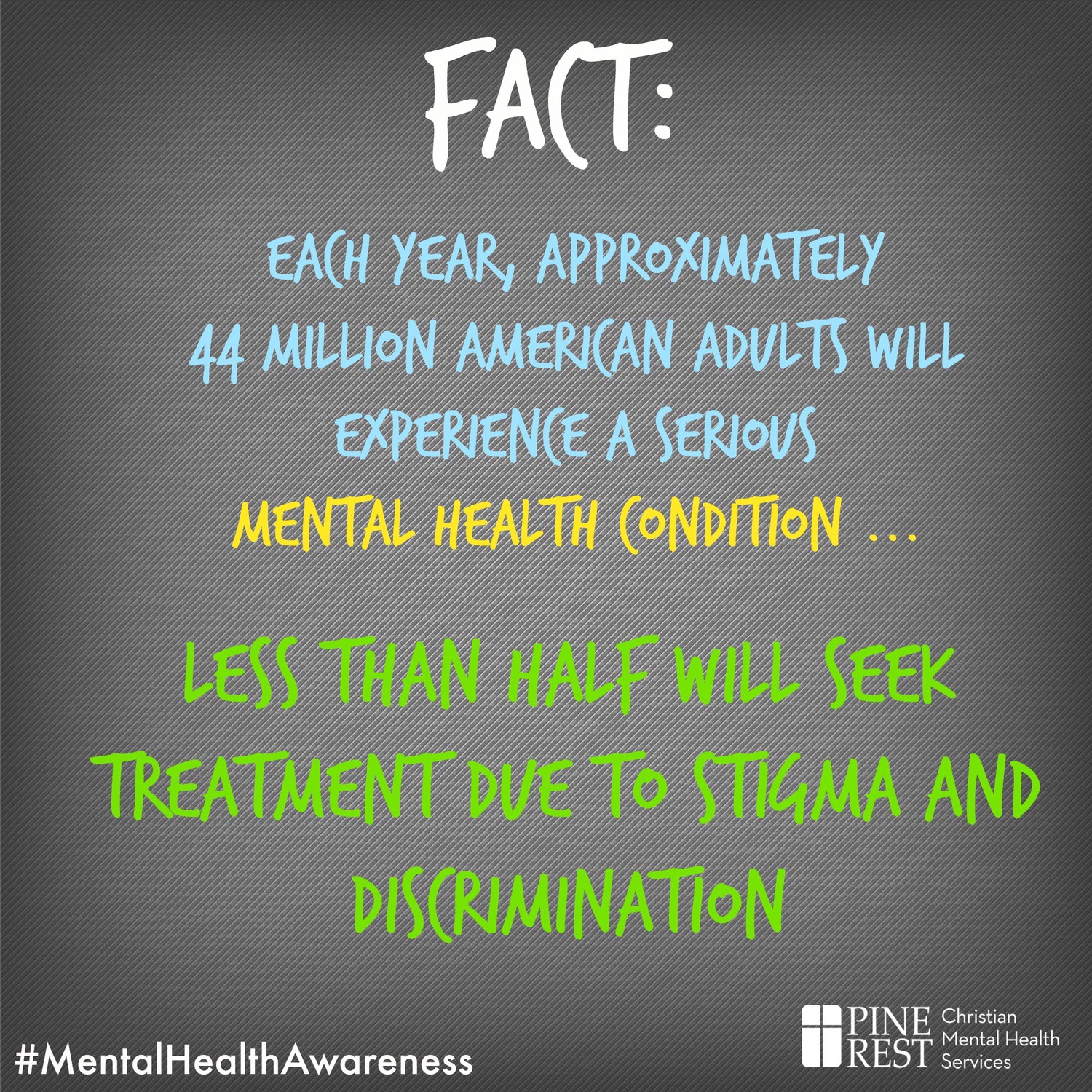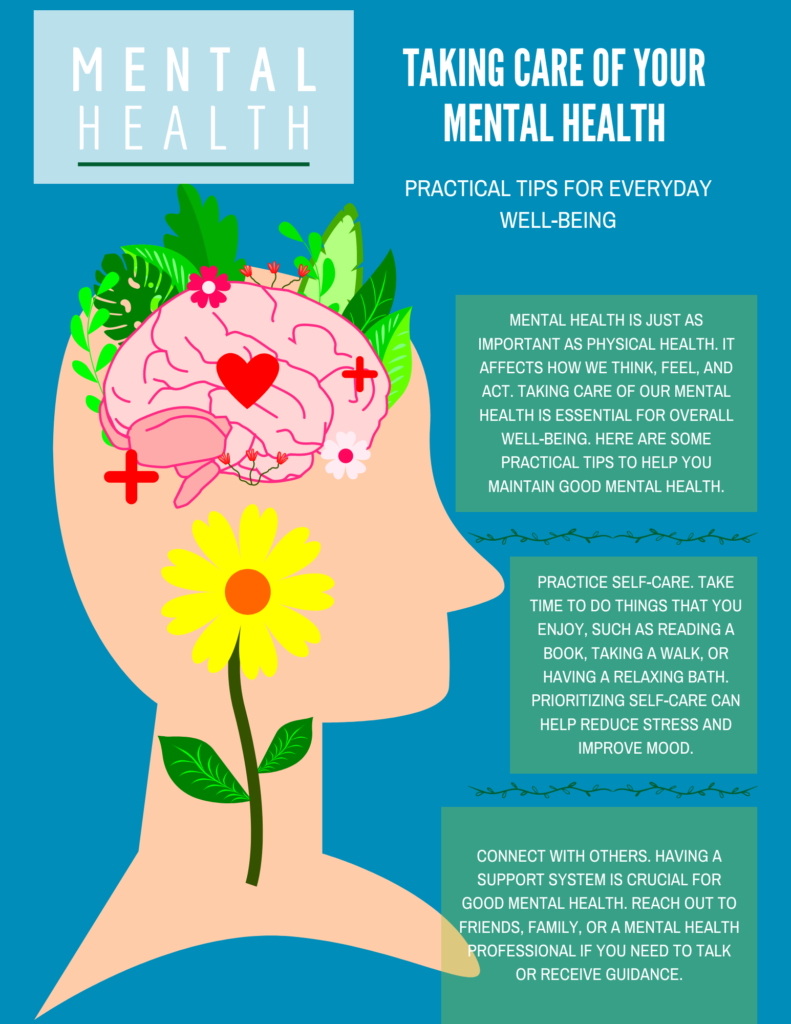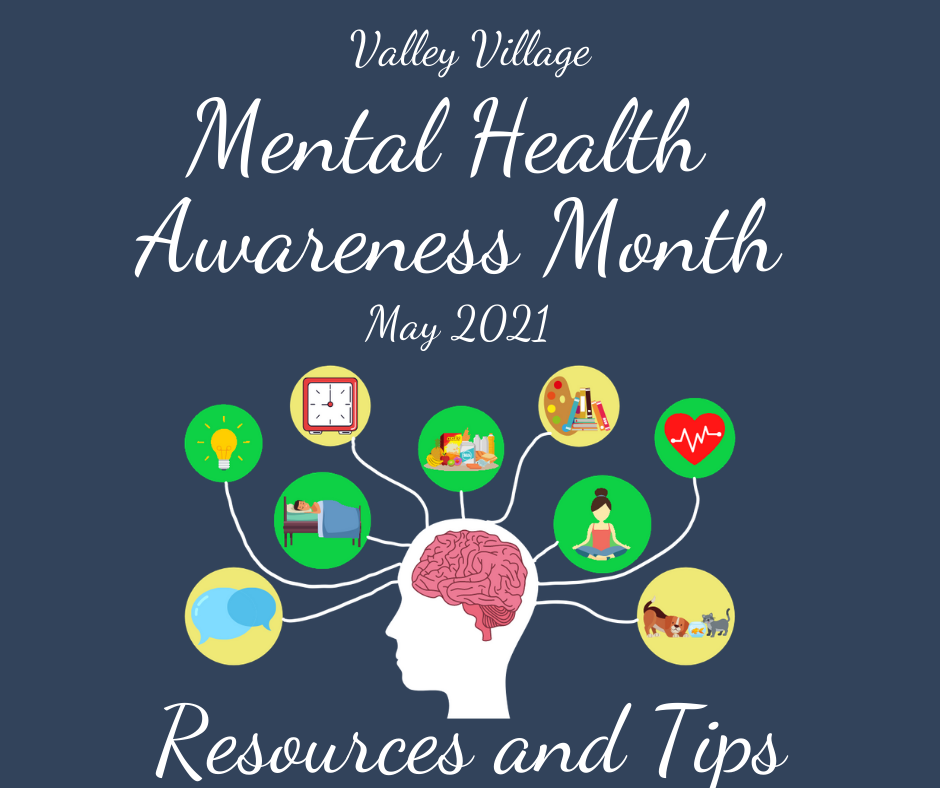Mental Health Awareness: Importance, Challenges, and How to Support
Mental health is just as important as physical health, yet it remains one of the most overlooked aspects of overall well-being. Mental health awareness plays a critical role in breaking the stigma surrounding mental illness, encouraging early intervention, and improving access to necessary care. But, what does mental health awareness entail? Why is it crucial in todays society?
In this article, we will explore the significance of mental health awareness, the challenges we face in spreading it, and how we can effectively promote mental well-being for everyone.

Understanding Mental Health Awareness
What is Mental Health Awareness?
Mental health awareness involves educating people about mental illnesses, their causes, symptoms, and the importance of seeking help. It encourages an environment where individuals can openly discuss their mental health without fear of judgment or discrimination. This awareness not only benefits individuals but also strengthens communities by fostering empathy and understanding.
Why is Mental Health Awareness Important?
With one in four people globally affected by mental health issues at some point in their lives, awareness is essential for recognizing the signs and taking action early. Early intervention can significantly improve outcomes for individuals suffering from mental health conditions. Moreover, mental health awareness helps reduce the social stigma surrounding these conditions, making it easier for individuals to seek help.
According to the World Health Organization (WHO), mental disorders are among the leading causes of disability worldwide. Without awareness and access to care, millions of people continue to suffer in silence.

Key Statistics on Mental Health Issues Globally
Understanding the scale of the mental health crisis is vital for grasping why awareness matters. Here are some key statistics:
- 1 in 5 adults in the U.S. experiences mental illness each year.
- 1 in 6 youth aged 6-17 experiences a mental health disorder each year.
- Suicide is the 2nd leading cause of death among people aged 10-34 in the U.S.
These statistics highlight the urgent need for greater mental health support and education.
The Importance of Mental Health Awareness
Breaking the Stigma Associated with Mental Illness
One of the biggest challenges in promoting mental health awareness is the stigma that surrounds mental illness. Misunderstandings and myths about mental health conditions often lead to discrimination and shame. This stigma can prevent individuals from seeking the care they need, leading to worsening symptoms or prolonged suffering.
Common Myths About Mental Health
There are several misconceptions about mental health that contribute to the stigma:
- Mental illness is a sign of weakness.
- People with mental health disorders are violent or unpredictable.
- Mental health problems are rare and only affect certain people.
These myths create barriers for those struggling with mental health issues, making them feel isolated or guilty. Raising awareness and correcting these myths are crucial steps in fostering a more compassionate and informed society.
The only way well break the stigma around mental illness is by talking about it openly and honestly. When we start to see mental health as a part of overall health, we can create real change. Mental Health Advocate

The Impact of Stigma on Treatment and Recovery
Stigma can make people hesitant to seek treatment. According to the National Alliance on Mental Illness (NAMI), nearly 60% of adults with a mental illness did not receive mental health services in the previous year. For adolescents, the figure is even higher.
This delay in seeking help can lead to worsening mental health conditions, more severe physical health problems, and higher rates of suicide.
How Mental Health Awareness Helps Break Down Barriers
Mental health awareness plays a crucial role in dismantling the barriers created by stigma. By encouraging open conversations and educating the public, awareness helps:
- Normalize discussions about mental health.
- Provide individuals with the knowledge to recognize mental health issues early.
- Create safe spaces for people to seek support without fear of judgment.
Moreover, spreading awareness helps communities understand that mental health disorders are medical conditions, not character flaws, and should be treated with the same seriousness as physical illnesses.
Challenges in Mental Health Awareness
While the benefits of mental health awareness are clear, there are still significant challenges that need to be addressed to make a lasting impact.
Lack of Education and Understanding
A major obstacle to mental health awareness is the lack of proper education. Many people do not fully understand what mental health entails or the range of mental health disorders that exist. This lack of understanding can lead to misinformation, fear, and avoidance of mental health discussions altogether.
Misconceptions in the Media
The media plays a powerful role in shaping perceptions of mental health. Unfortunately, inaccurate portrayals of mental illness in TV shows, movies, and news reports can reinforce negative stereotypes. This contributes to the broader stigma and hinders efforts to raise awareness.
Social and Cultural Barriers
In many cultures, mental health remains a taboo subject. Cultural beliefs and norms can create significant obstacles, preventing people from seeking help or even acknowledging the presence of mental health issues.
- In some communities, mental illness is seen as a sign of personal or familial weakness.
- Others may view mental health disorders as a spiritual issue, discouraging individuals from seeking medical care.
Addressing these barriers requires culturally sensitive mental health awareness campaigns that take into account the diverse beliefs and values within different communities.
In the second half of this article, we will delve into actionable steps for promoting mental health awareness, explore the role of education in supporting mental well-being, and discuss how individuals and organizations can contribute to this vital cause. Stay tuned!
How to Promote Mental Health Awareness
Promoting mental health awareness is not just the responsibility of healthcare professionals or organizations; its something every individual can contribute to. Whether its by having open conversations, utilizing digital platforms, or advocating for mental health education in schools and workplaces, there are many ways to spread awareness.

1. Engage in Open Conversations About Mental Health
One of the most powerful ways to promote mental health awareness is by simply talking about it. When people feel safe discussing their mental health without fear of judgment, it helps to normalize these conversations.
Encourage friends, family, and colleagues to discuss their feelings, struggles, and mental health experiences. You dont have to be an expert to provide supportempathy and active listening can go a long way.
Tips for Having Open Conversations
- Start with compassion: Let the person know you care and are available to listen.
- Ask open-ended questions: How have you been feeling lately?
- Encourage professional help: Suggest talking to a mental health professional if needed.
Creating a safe space for these discussions helps reduce stigma and encourages others to seek help when necessary.
Every conversation about mental health is a step toward reducing stigma and opening up pathways for help and healing. Mental Health Professional
2. Leverage Social Media and Digital Platforms
With the rise of social media and other digital platforms, it has become easier than ever to spread mental health awareness to a global audience. Whether you’re sharing educational resources, personal stories, or information on local mental health services, social media offers a powerful avenue to spark meaningful change.
Using Social Media for Mental Health Campaigns
- Share mental health stories, breaking down the myths and stigmas associated with mental illness.
- Post facts and statistics on mental health to educate your audience.
- Partner with mental health influencers or organizations like Mental Health America to broaden your reach.

3. Collaborate with Mental Health Organizations
Partnering with established mental health organizations is another effective way to promote awareness. These organizations offer educational resources, workshops, and public campaigns that can be used to spread the message. Some of the leading mental health organizations include:
- National Alliance on Mental Illness (NAMI)
- World Health Organization (WHO)
- Mental Health America (MHA)
4. The Role of Education in Mental Health Awareness
Mental health awareness should start early. Schools and workplaces are ideal environments to teach the importance of mental well-being. Education plays a key role in prevention, early identification, and destigmatizing mental health issues.
School-Based Mental Health Programs
Schools can offer mental health programs that focus on building emotional resilience in children and adolescents. These programs should teach students how to identify their emotions, manage stress, and seek help when needed.
- Mental health literacy should be part of the curriculum.
- Early intervention strategies can help detect and address mental health problems in their initial stages.
Workplace Mental Health Education
Creating a culture of mental health awareness in the workplace can benefit both employees and employers. When organizations invest in mental health training for their teams, they foster a supportive environment, reduce burnout, and improve overall productivity.
- Offer mental health training and resources to employees.
- Encourage mental health days to promote self-care.

Supporting Mental Health Awareness: Everyones Responsibility
We all have a role to play in promoting mental health awareness. Whether through advocacy, education, or simply by showing support, small actions can lead to significant changes. Mental health awareness campaigns and initiatives are often successful because of the collective efforts of individuals, communities, and organizations coming together.
Practical Steps for Individuals to Make a Difference
- Volunteer with mental health organizations.
- Donate to mental health causes that provide essential resources to those in need.
- Share mental health resources with friends, family, and coworkers.
- Practice self-care and encourage others to prioritize their mental well-being.
By getting involved, we can create a ripple effect, encouraging others to prioritize and care for their mental health.
The Importance of Advocacy and Long-Term Commitment
Advocating for mental health awareness doesnt stop after a single conversation or campaign. It requires ongoing dedication and effort to truly change the way society views mental health.
Governments, businesses, and individuals must commit to long-term solutions such as improving access to mental health care, increasing funding for research, and creating supportive environments in schools, workplaces, and communities.
Frequently Asked Questions (FAQ)
How Can I Support Someone Struggling with Mental Health Issues?
Supporting someone with mental health issues begins with being a compassionate listener. Encourage them to talk openly about their feelings and let them know they are not alone. You can also suggest professional help from a therapist or counselor, and be willing to accompany them if needed.
What Are the Most Common Mental Health Disorders?
Some of the most common mental health disorders include:
- Depression
- Anxiety disorders
- Bipolar disorder
- Schizophrenia
- Post-traumatic stress disorder (PTSD)
Understanding the symptoms and treatment options for these disorders can help provide support for those affected.
How Can I Learn More About Mental Health Awareness Campaigns?
To learn more about mental health campaigns, you can visit websites like Mental Health America or the National Institute of Mental Health. These organizations provide valuable resources and information on upcoming campaigns, events, and how to get involved.
Call to Action: Get Involved
Mental health awareness is not a one-time event but a continuous process. By advocating for mental health, educating yourself and others, and supporting those around you, you contribute to a more informed and compassionate society. Lets work together to ensure everyone feels seen, heard, and supported.
For more information on how you can get involved, visit Mental Health America and explore the numerous ways to help spread mental health awareness.
Raising mental health awareness is more than just a conversationits a movement that changes lives.

